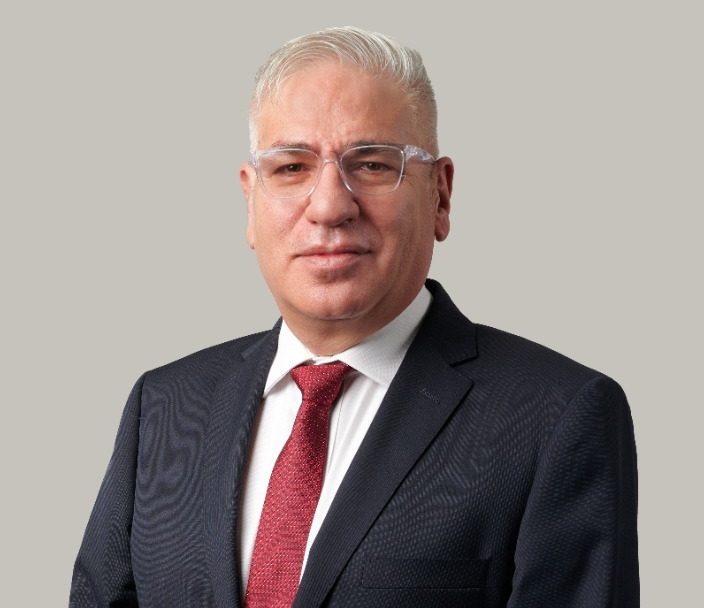What’s more convenient when you buy your morning coffee? Rummaging around in your pockets for some spare change or presenting your credit card? And when you show the cashier your credit card, what’s easier – entering your pin code or simply pressing it onto the touchpad? Everyone apart from the most sentimental knows that the answer is contactless payment.
Convenience wins out over tradition every time. The more obstacles to payment there are, the less likely the customer will make a purchase. As important as contactless payment is, though, there is much more to the field of financial digitalization. I’ve worked in fintech for years, defined by the website Investopedia as “the integration of technology into offerings by financial services companies in order to improve their use and delivery to consumers,” and I’ve seen both sides of the equation. I’ve brought banking to the unbanked in the developing world, while at Resonance Australia I’ve focused on digital payments, a complicated area that is increasingly important.
The company I’m perhaps most proud of, though, is CashD, which works to ensure that all employees – whatever their status – can access their earned income whenever they want, rather than waiting for the end of the month. This wouldn’t have been possible without the digitalization of the economy, and it’s exciting to think of all the other disruptive, positive changes startups might be able to create as the digital revolution gathers pace.
The Abraham Accords can play a critical role in this emerging field. While Israel itself has been somewhat sluggish in adopting contactless payments, it is home to several fintech companies. For example, to name just a few, there’s OurCrowd, which makes it easier for individuals to invest in emerging companies; Riskified, which provides e-commerce fraud-prevention technology; and PayKey, which enables banks to offer their customers access to financial services, including P2P payments, from any mobile application.
The UAE, meanwhile, is uniquely situated to be at the forefront of the digital revolution. According to a recent Checkout.com survey, today only 20 percent of UAE consumers use cash-on-delivery (COD) as a payment method, compared to 40 percent in 2020. As Faisal Toukan noted in Gulf News, this is one of the quickest conversions in tech history.
This also extends into the crucial field of remittances. Expatriates and immigrants make up an incredible 88.52% of the UAE’s population. 59.48% of them come from South Asian countries like India, Bangladesh, and Pakistan, sending large amounts of remittances back home to their families, making the UAE second only to the USA in the total sum of outward remittances it sends annually: $43 billion in 2020. The average cost of remittance services globally currently stands at an unreasonably high 6.94%. With digitalization, it’s not unreasonable to hope that this could fall lower than three percent by 2030 – a study of mobile money remittances by GSMA (the trade association of mobile operators) found that mobile technology cuts remittance costs in half, while research from PayPal and Xoom shows that the average cost of sending a digital remittance is only 3.93%, nearly half the cost of traditional remittances. Currently, 28 percent of UAE residents are already using digital wallets to send funds to friends and family.
Recognizing this trend, the UAE have passed legislation to ensure that fintech companies can operate in the country, which – in the post-Abraham Accords climate – opens new possibilities for Israeli companies operating in this area.
Amidst all these obvious benefits, though, startups, banks, governments, and international authorities need to come together to negotiate the regulatory minefield so that the changes will be of benefit to consumers, businesses, and investors alike. Cybersecurity firms have a crucial role to play in preventing the potential risks in digital transactions and to ensure the swift and safe movement of funds. No less importantly, we also need to ensure that societies that are less technologically engaged are not prevented from accessing twenty-first century commerce.
In the coming years, new forms of e-commerce and digital finance will become just as ubiquitous as contactless payment. Managed correctly, and with an awareness of the social responsibility issues, this can be of huge benefit to the world’s population. It is time for the Abraham Accords countries to lead the way.




